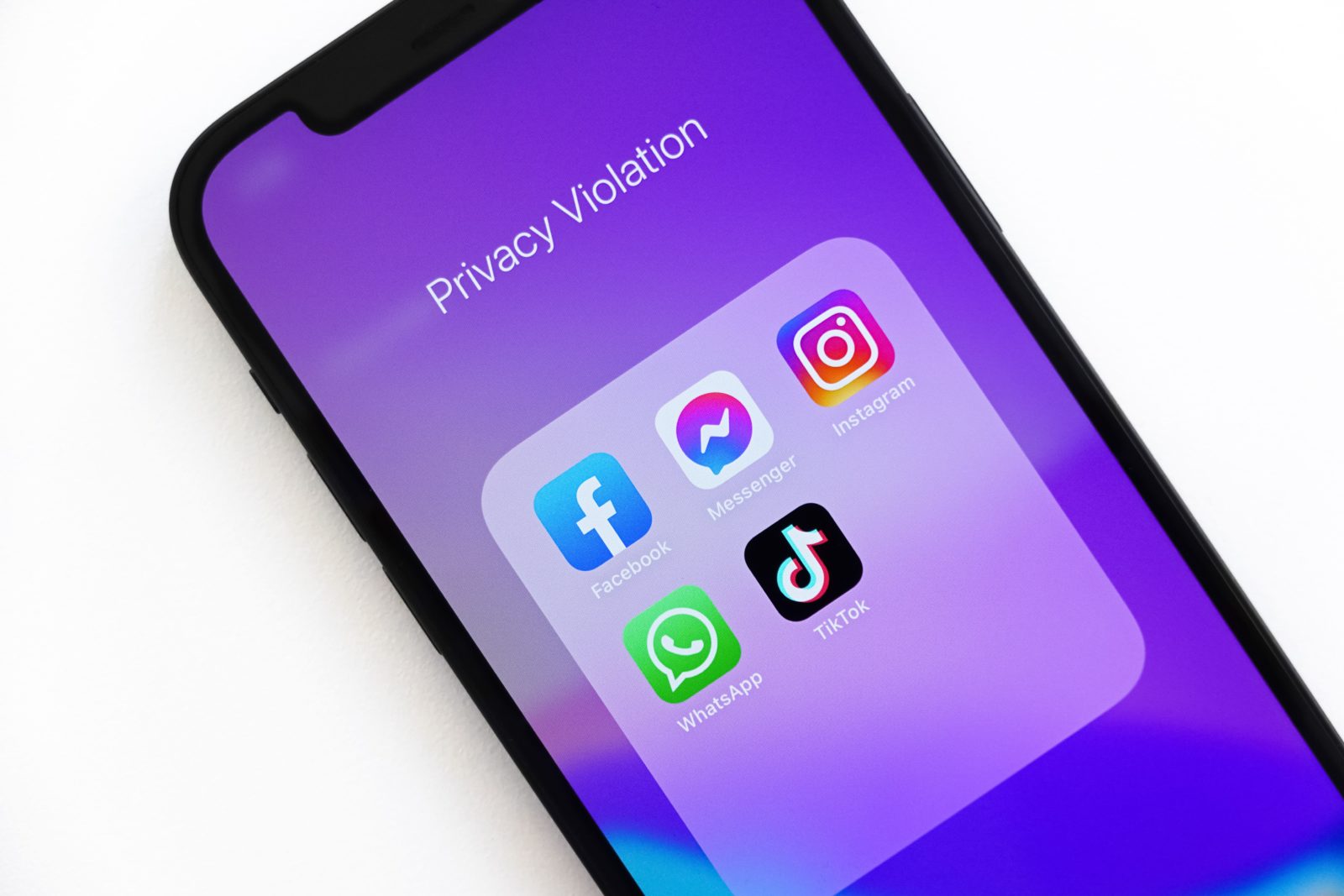By Sekuro Hackcelerator 2021 Mentee, Mae Haidar
background
The emergence of new technologies and endless advancements in current technologies provide a vexing ground for discussion when we think about user privacy. While these technologies do provide convenience in allowing for quick and easy access to and dissemination of information, as well as for instantaneous communication globally, they pose a serious risk to privacy to which many users turn a blind eye.
This turns us to the main questions that this blog post will answer:
· How and why do tech companies track us ?
· And how can I protect my online privacy ?
The First Thing Users Should Consider When Answering This Question Is Their Digital Footprint.
A digital footprint is the traces of data associated with your online activity which are accessible to companies who choose to track your activity. [1]
This data formulates the impression you leave on the internet. Your digital footprint can be divided into two categories – active and passive.
Active Digital Footprint
An active digital footprint is intentional data you purposely provide which is unique to you. [1]
This can include your social media platforms and posts, such as those on Instagram, Facebook and LinkedIn. It can also include websites to which you voluntarily provide your personal details, such as online shopping and subscriptions. However user tracking goes far beyond what the eye can see on your device.
Passive Digital Footprint
Your passive digital footprint involves data which you may not always be aware is being monitored, such as browsing activity and geolocation pinpoints. [1]
We subconsciously agree to provide access to this data when we accept ‘cookies’ on a website, which are now used to track our movement and preferences to target advertising. We also provide access to this data when we sign up to use any app. Although the terms and conditions of apps detail data usage, it is rare that a consumer will take the time to read and evaluate them. Instead, we choose to automatically agree without knowing the consequences.

Let’s take Facebook as an example.
Facebook is notorious for exploiting their user data, and this was brought to light on a global scale during the Cambridge Analytica scandal, where Facebook was found responsible for misleading its users to provide their data to third party vendors for political purposes. [2] This was a huge breach of privacy, but Facebook is no stranger to privacy concerns.
Facebook is the biggest social media platform today, with roughly 2.91 billion monthly users and the ability to track data to the fullest extent possible with modern technologies. [3] Facebook uses digital footprints to monitor user engagement and match their consumers’ profiles with advertisements, as this is how they make their revenue. [4] While us as consumers can benefit from this, it sidelines our online privacy in return for commercial gain and convenience.
The question which many have begun to ask in response to increased online consumerism is how private really is privacy online?
In answering this, I wanted to see how much I could find about myself from simply putting my name into Google.
From a quick Google Search, I was able to find my own Facebook and Instagram profiles, which are both private, and my Academia profile, which is linked to my University e-mail. This is pretty standard, but what really stood out to me was a photo of myself on Google images which had been deleted from my social media profile a while ago. Upon further investigation, I found that this image of myself was visible because a follower of mine, who runs a public business profile, had commented on this image, and therefore my account became synced with her external browsing where she had provided access to her contacts and friends list. This only proves that tech companies have more access to our details than we are consciously aware of, and that our privacy isn’t as strong as we think it is. If we look at Facebook again, although there is the option of a private setting, private profiles still show your name and profile photo, as well as your date of birth and any other information you have made immediately available.
Conclusion
The reality is that it is not possible to completely safeguard our privacy, but there are ways in which we can mitigate the risk of unnecessary exposure. Some recommendations for this are opting out of tracking (a new feature which has been enabled by the Ios15 Apple update), browsing in incognito (this reduces the trail of cookies you leave behind) or installing a VPN for anonymous browsing. [5] You should also regularly erase your Google and social media search history (this reduces targeted advertisements), and delete unwanted files properly through software designed to do so, like Eraser and CBL Data Shredder, rather than moving them to the Recycling Bin. [5]
related post:
Personal Privacy vs Public Security – What matters most?

